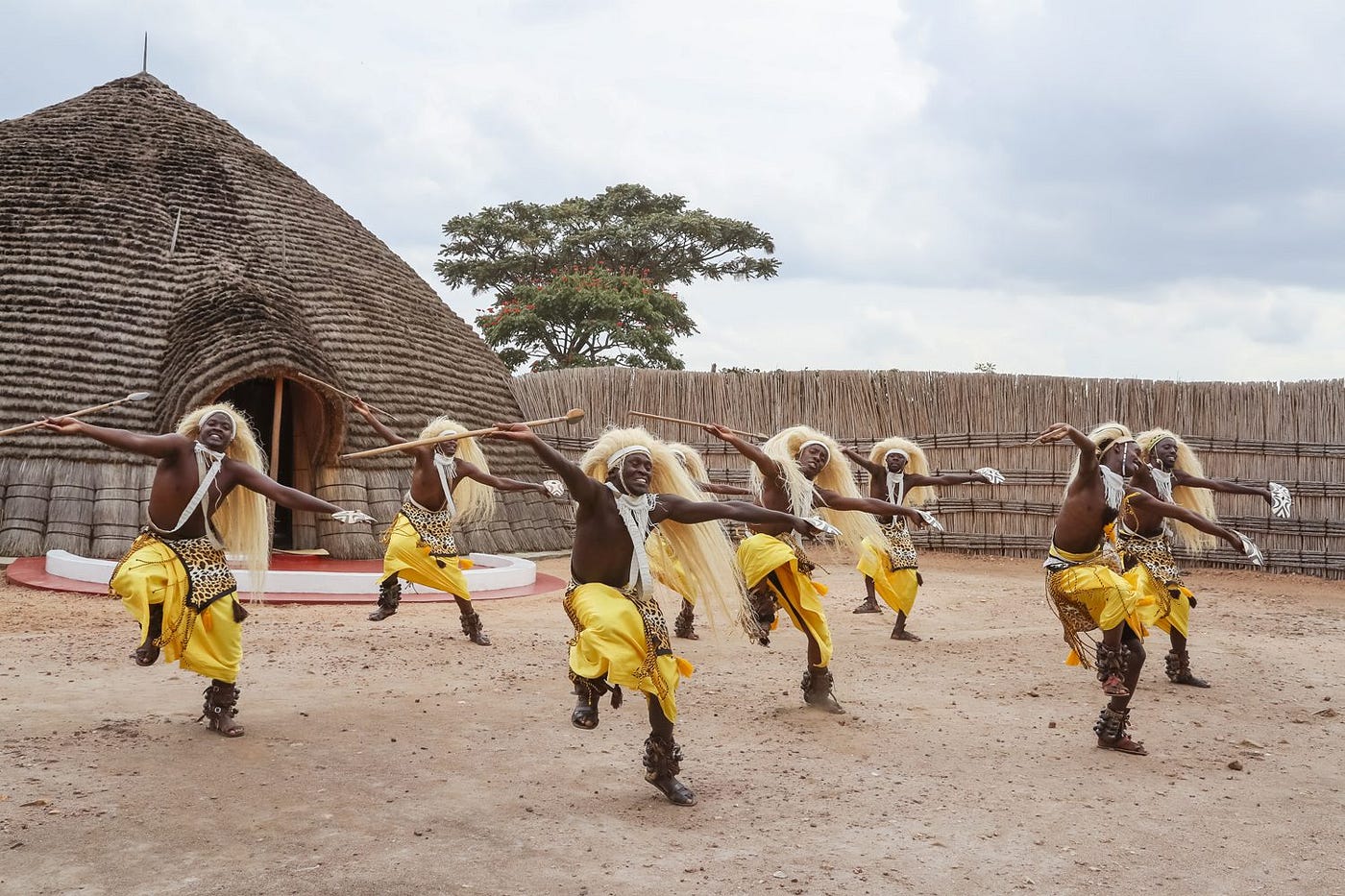Cultural Memory and its Significance in Shaping Societies
Cultural memory, the collective recollection and interpretation of a society’s past, serves as the invisible thread that binds generations, shapes identity, and guides the present towards the future. Far from a stagnant archive, it is a dynamic entity, constantly evolving as individuals and communities engage with and reinterpret their shared history. Its significance lies in its ability to foster a sense of belonging, provide moral grounding, and fuel the fires of innovation and social progress.
One of the fundamental roles of cultural memory is to cultivate a sense of community and belonging. Shared narratives and symbols act as a unifying force, creating a common ground upon which individuals can connect and build relationships. Myths, legends, and historical accounts offer a sense of continuity and belonging, linking individuals to a lineage that extends beyond their immediate family and circumstances. This shared past provides a sense of collective identity, fostering a feeling of solidarity and mutual responsibility.
Beyond fostering unity, cultural memory also serves as a vital source of moral grounding. Societies often look to their past for examples of exemplary behavior and cautionary tales, using these narratives to shape societal norms and values. Through the retelling of stories, rituals, and traditions, individuals learn about the values and principles that have sustained their communities for generations. This transmission of moral knowledge provides a framework for decision-making and helps individuals understand their place within a larger moral order.
Furthermore, cultural memory serves as an engine for innovation and progress. By studying the successes and failures of the past, societies can gain valuable insights that can be applied to contemporary challenges. The accumulated knowledge and experiences embedded within cultural memory can inspire creativity, inform problem-solving, and guide the development of new technologies and approaches. This dynamic process of engagement with the past allows societies to adapt and evolve, ensuring their continued survival and flourishing.
However, the power of cultural memory is not without its challenges. Selective memory and the manipulation of historical narratives can be used to justify societal inequalities, perpetuate harmful ideologies, and reinforce existing power structures. The selective inclusion or exclusion of certain events and individuals can create distorted narratives that serve the interests of dominant groups while erasing the experiences and contributions of marginalized communities. It is therefore crucial for societies to engage in critical reflection and dialogue regarding their cultural memory, ensuring that it is inclusive, representative, and serves the common good.
Furthermore, the rapid pace of technological change and globalization poses a significant challenge to the transmission of cultural memory. Traditional forms of transmission, such as oral storytelling and ritual practices, are increasingly giving way to digital forms of communication. While this can offer new opportunities for the sharing and preservation of cultural heritage, it also raises concerns about the potential for homogenization and the loss of local knowledge and traditions.
To effectively navigate these challenges, societies must adopt a proactive approach to preserving and transmitting their cultural memory. This includes the active documentation of stories, traditions, and languages, as well as the creation of educational programs and initiatives that promote cultural awareness and appreciation. Additionally, it is crucial to foster dialogue and collaboration between different generations and communities, ensuring that the diverse perspectives and experiences that shape cultural memory are heard and valued.
Ultimately, cultural memory is more than a mere collection of historical facts. It is the vital lifeblood that sustains societies, shaping their identity, guiding their present, and inspiring their future. By recognizing its significance and actively engaging with its complexities, societies can harness the power of cultural memory to build inclusive and resilient communities, ensure social justice, and navigate the challenges of the ever-changing world. By remembering the lessons of the past, we can build a brighter future for generations to come.


Leave a Reply